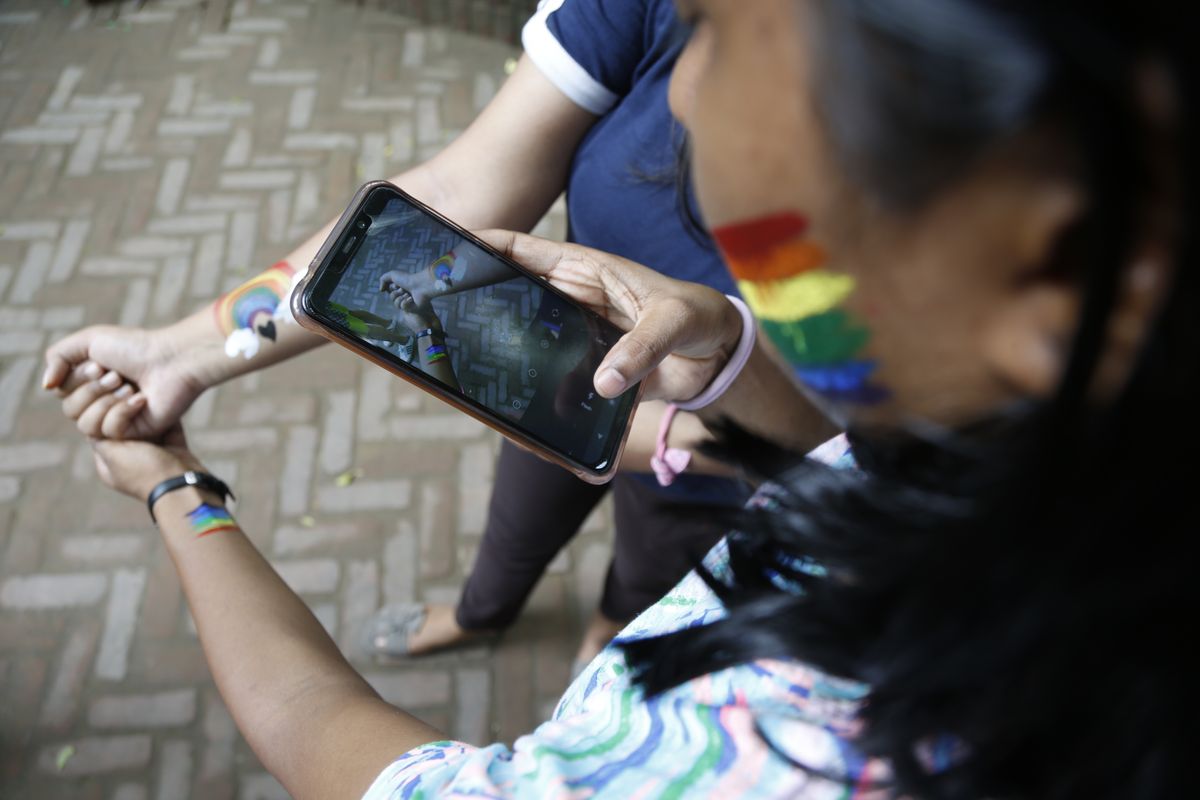India’s Supreme Court hears same-sex marriage case
India's Supreme Court has slowly been turning the tide for the LGBTQ+ community.

A few minutes every morning is all you need.
Stay up to date on the world's Headlines and Human Stories. It's fun, it's factual, it's fluff-free.
The backstory: Same-sex marriage doesn't have legal recognition in most of Asia, with the exception of Taiwan. And in India, the current conservative Hindu government doesn't want to legalize same-sex marriages. In 2012, the government estimated its LGBTQ+ population at 2.5 million, but other recent estimates put that number way higher at around 10% of the population, which would be over 135 million.
More recently: India's Supreme Court has slowly been turning the tide for the LGBTQ+ community there, though. In the past decade or so, we've seen the court end a ban on consensual gay sex, give rights to India's transgender community (recognizing a third gender category), and declare privacy as a constitutional right.
The development: India's Supreme Court just began hearing final arguments to legalize same-sex marriage through a landmark case this Tuesday. The ruling only concerns secular marriage through the Special Marriage Act, and religious marriages in the country won't be addressed. Over a dozen couples and activists are providing arguments in favor of legalization, but we don't know when the court will make a decision. If the Supreme Court passes this change, that would also mean shifting other laws that deal with parenthood, inheritance, alimony and divorce. But it would make India the largest democracy in the world to recognize same-sex marriages.
Key comments:
"India is a country of several divergent religions, castes, sub-castes and schools of religions, the personal laws and customs all recognize only marriage amongst heterosexual persons," the Indian government's latest court filing says.
"[This ruling] will give us legal proof, and I can show it to my parents, who are still opposed to our relationship," said one of the case's petitioners, Bhawna, who only goes by one name.
"These petitions are basically asking that the right to marry a person of one's own choice should be extended to LGBTQ citizens as well," said journalist Shalu Yadav, who's been watching the trial.




Comments ()